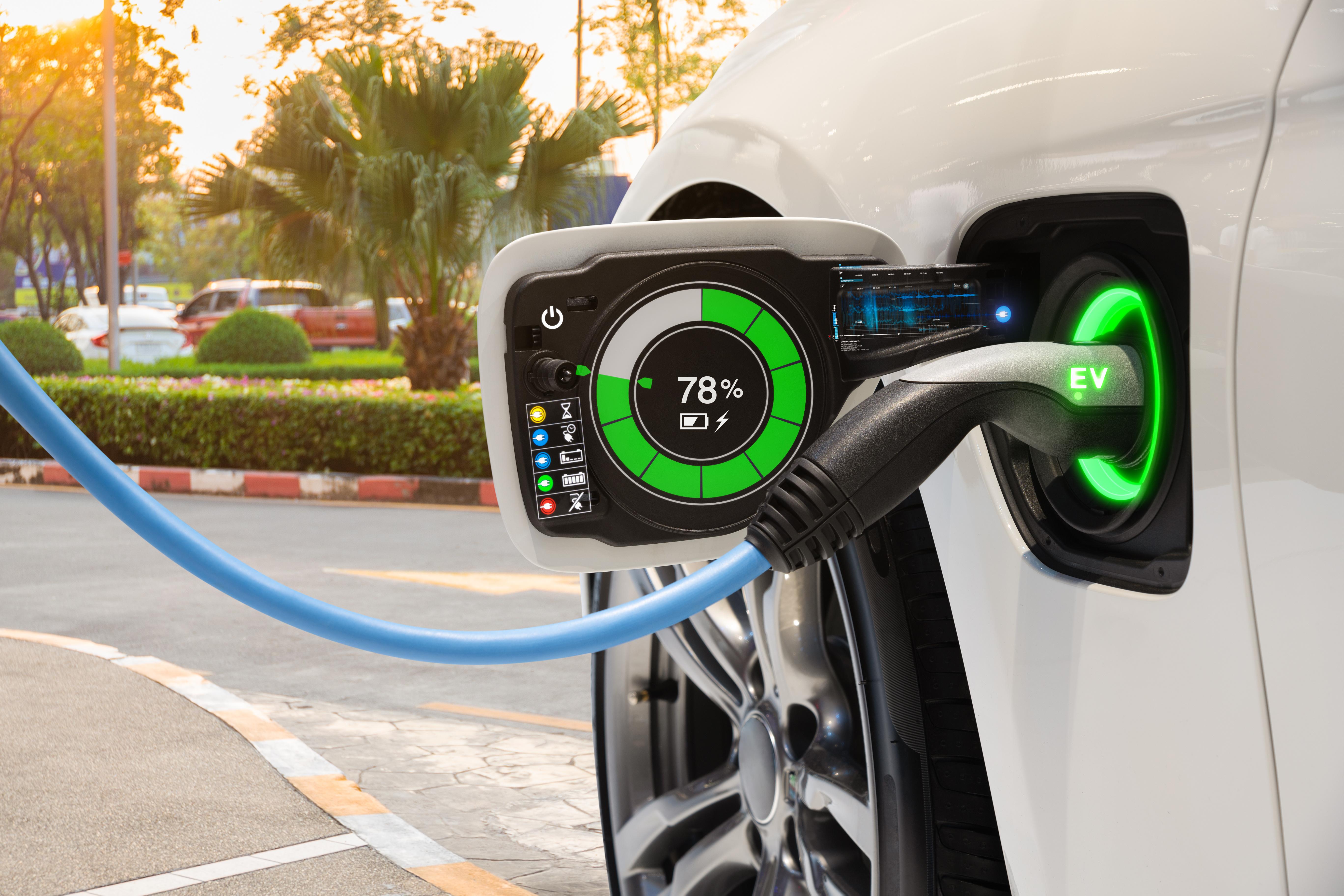Chinese Electric Vehicle Sales Stall: Should Tesla Worry?
Chinese electric vehicle sales stalled in July. Overall, new energy vehicle sales fell 4.7%, entering negative territory for the first time in two years.
Aug. 14 2019, Published 11:14 a.m. ET

- Chinese electric vehicle sales stalled in July. Overall, NEV (new energy vehicle) sales fell 4.7%.
According to the China Association of Automobile Manufacturers, “In July, the production and sales of new energy vehicles reached 84 thousand units and 80 thousand units respectively, decreasing 6.9% and 4.7% year on year.” NEVs include both PHEVs (plug-in hybrid vehicles) and BEVs (battery electric vehicles). While China’s car sales have been falling, electric vehicle sales have been a bright spot. China’s car sales have now fallen YoY (year-over-year) for 13 consecutive months. China’s NEV sales have plunged into negative territory for the first time in two years. In July, NEV sales fell more than total car sales.
Pure-play electric vehicles
Whereas China’s PHEV sales fell a whopping 20.6% YoY last month, BEV sales increased a modest 1.6%. In July, 61,000 electric vehicles were sold in China, and BEV production fell 4.8% YoY to 65,000 units. This lower production could indicate producers aren’t optimistic on future deliveries. China is a key market for Tesla (TSLA), which is building a factory in China to cater to demand there. China, which levies a tariff on imported vehicles, raised the tariffs on US-made cars last year. However, the tariff hike was rolled back after Donald Trump and Chinese president Xi Jinping met in Argentina last year.
Could Tesla’s troubles get worse?
While electric vehicle sales rose slightly in July, growth has stalled. Over the last few years, China’s electric vehicle sales have risen astronomically. Slowing BEV sales growth isn’t good news for Tesla, and the falling Chinese yuan is complicating things. Reportedly, Tesla is planning to increase its car prices in China due to the yuan’s depreciation.
NIO also reports dismal numbers
NIO (NIO) also reported dismal July deliveries. The company blamed lower subsidies, poor auto market conditions, and other factors for the slowdown. Tesla and NIO stocks have fallen significantly year-to-date. While Tesla does not provide a complete breakdown of its shipments, China is a major market for its electric vehicles. During Tesla’s second-quarter earnings call, CEO Elon Musk said that he expects China’s weekly Model 3 demand to be 5,000 units in the long term. He expects the Model 3 and Model Y to drive Tesla’s sales.
Falling Chinese electric vehicle sales not good news
Slower electric vehicle growth in China would make Tesla bears happy. Over the last week, both Tesla and Musk have mocked gasoline cars, with Musk comparing them to steam engines. Meanwhile, it’s not a smooth road for electric vehicles, either. Globally, government subsidies help lower electrical vehicle ownership costs for buyers. However, some countries, including China, have rolled back subsidies. Tesla vehicles may not be eligible for US subsidies next year.
China’s subsidy rollback isn’t necessarily negative news for Tesla. In June, Musk tweeted, “Only cars made in China are eligible for these subsidies. Tesla has never had access to them.” Therefore, a rollback could level the playing field for Tesla cars. Musk had previously lamented the higher tariffs for US-made cars in China. Musk’s views seem to align with Trump’s.
